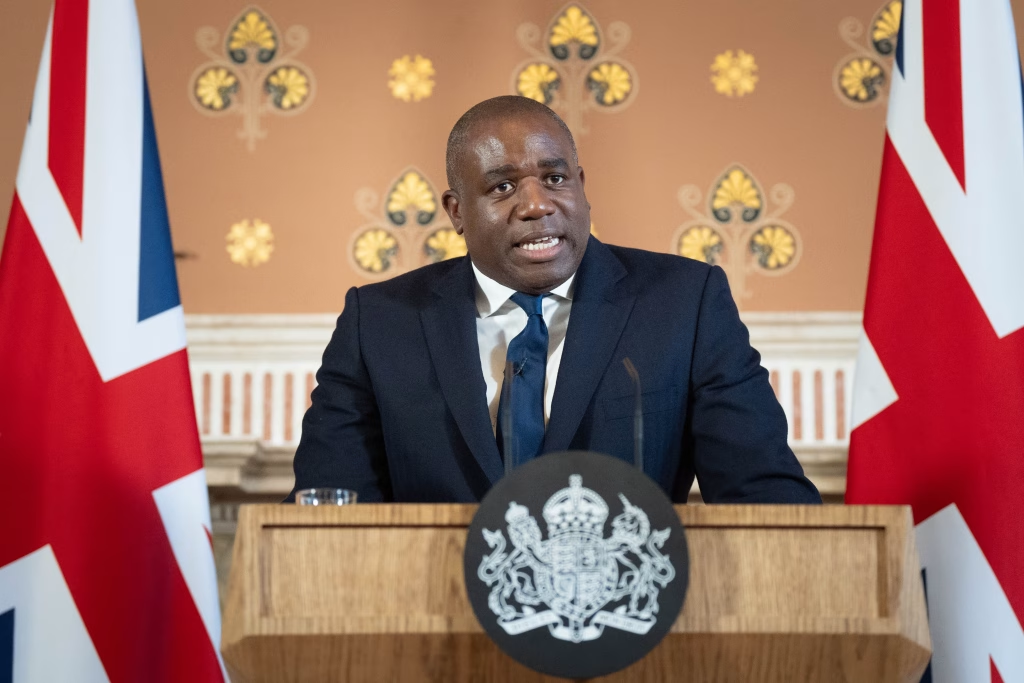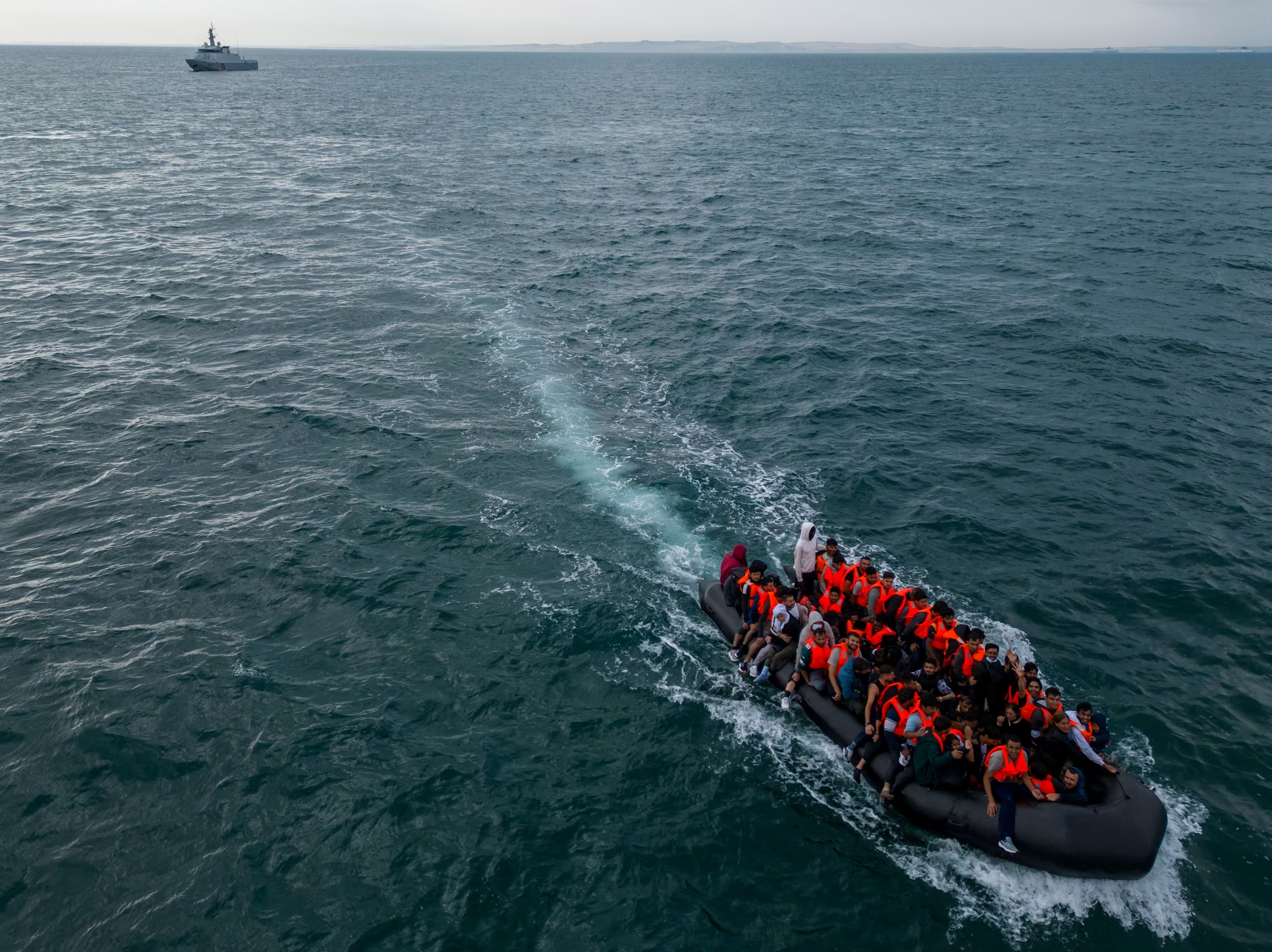The United Kingdom government has imposed sanctions on over two dozen individuals, criminal groups, and suppliers accused of facilitating illegal migration, marking its first use of new powers designed to combat migrant crossings across the Channel.
Announced on Wednesday, the measures target people and organisations from the Balkans, the Middle East, and China, alleged to be involved in the trafficking networks responsible for transporting migrants to the UK.
The sanctions include asset freezes and travel bans, as the government seeks to address record numbers of small boat arrivals from northern France.
The Foreign Office described the action as a “landmark moment” in the fight against organised immigration crime.
The list of those sanctioned includes four major gangs operating in the Balkans and North Africa, money movers from the Middle East using informal “hawala” networks, seven suspected Iraqi people smugglers, and a Chinese firm selling boats allegedly used in smuggling operations.
Foreign Secretary David Lammy said the move demonstrates the UK’s resolve to crack down on global smuggling operations.
“We are taking the fight to the people-smugglers who enable irregular migration, targeting them wherever they are in the world,” he said. “We know who you are, and we will work with partners to hold you to account.”

Prime Minister Keir Starmer, who pledged to dismantle smuggling networks upon taking office last year, has faced mounting pressure as migrant arrivals continue to climb.
So far in 2025, nearly 24,000 people have crossed the Channel—the highest number recorded at this stage of the year.
The crisis has intensified political tensions, fuelling support for far-right groups and prompting outbreaks of anti-migrant violence, including protests outside hotels housing asylum seekers and riots following a fatal stabbing in Southport last year.
In response, the government is expanding efforts to tackle illegal employment, seen as a key incentive for migration.
A new agreement with food delivery giants Deliveroo, Just Eat, and Uber Eats will see the companies share the locations of asylum hotels to prevent unauthorised work.
The Home Office also announced the trial of artificial intelligence technology to determine the age of asylum-seekers whose status as minors is disputed.
Wednesday’s sanctions are the first under the UK’s “Global Irregular Migration Sanctions Regime,” which the government says is the first of its kind in the world.
The new powers allow the UK to impose penalties on foreign individuals, companies, and financiers linked to smuggling networks.
Among those named are Bledar Lala, an Albanian accused of running criminal operations in Belgium, and Alen Basil, a former police translator now said to lead a violent smuggling ring in Serbia. Another figure, Mohammed Tetwani—dubbed the “King of Horgos”—is alleged to control a migrant camp in Serbia through intimidation and corruption.
Weihai Yamar Outdoor Product Co., a Chinese manufacturer, was sanctioned for advertising boats reportedly used in smuggling efforts.
While the measures have been welcomed by some, experts have warned against exaggerated claims. Tom Keatinge of the Royal United Services Institute said sanctions might help, but warned the government not to overpromise.
“Talk of freezing assets and smashing the gangs seems far-fetched and could backfire if results aren’t delivered.”


 Trending
Trending 